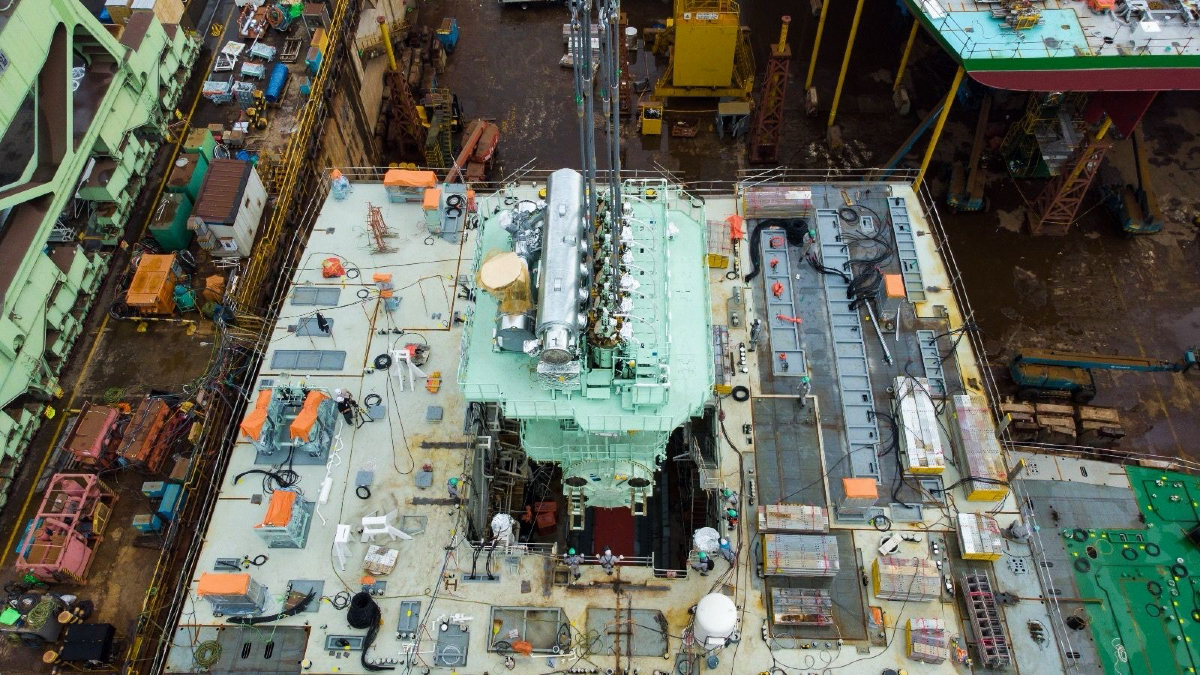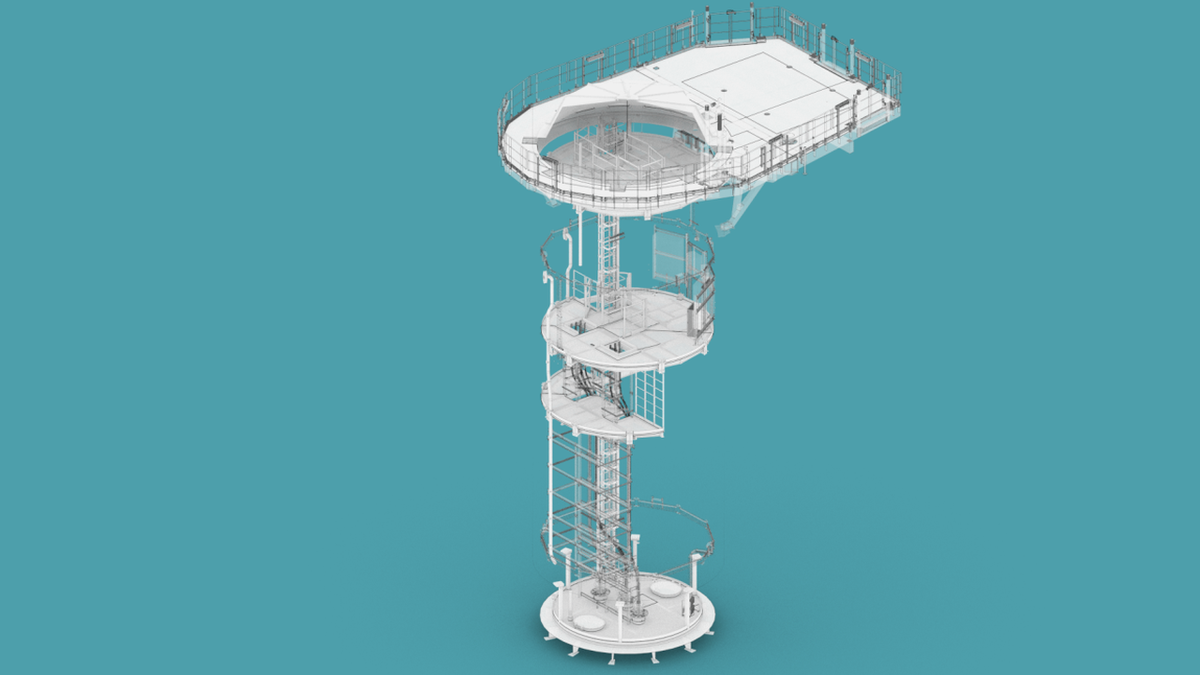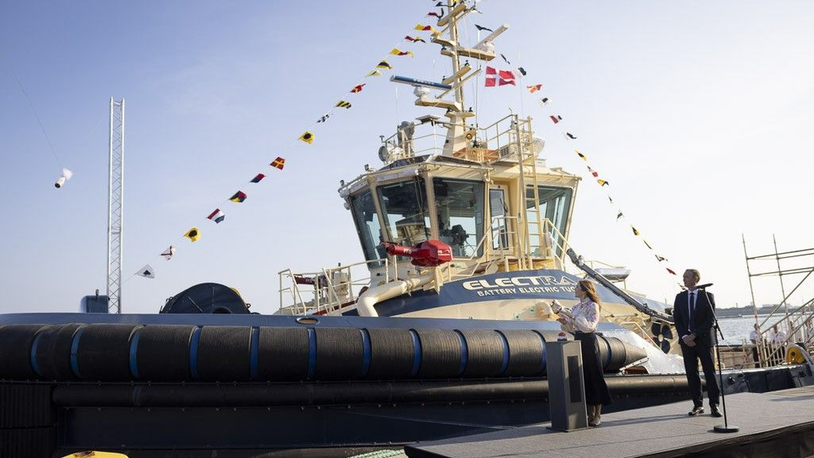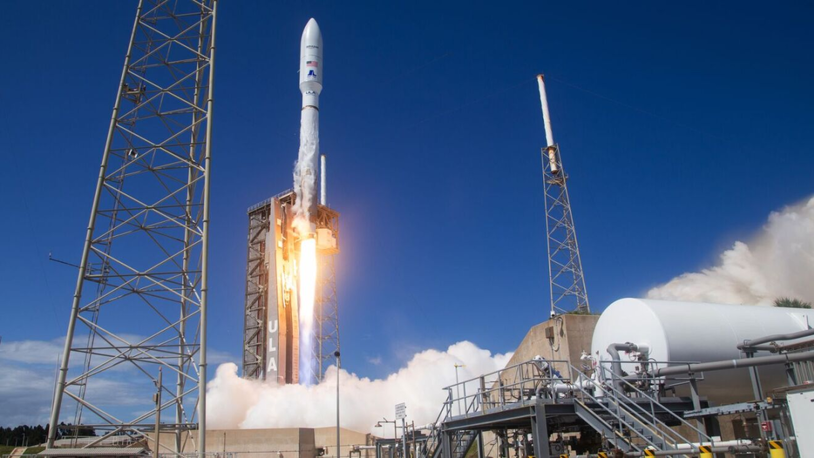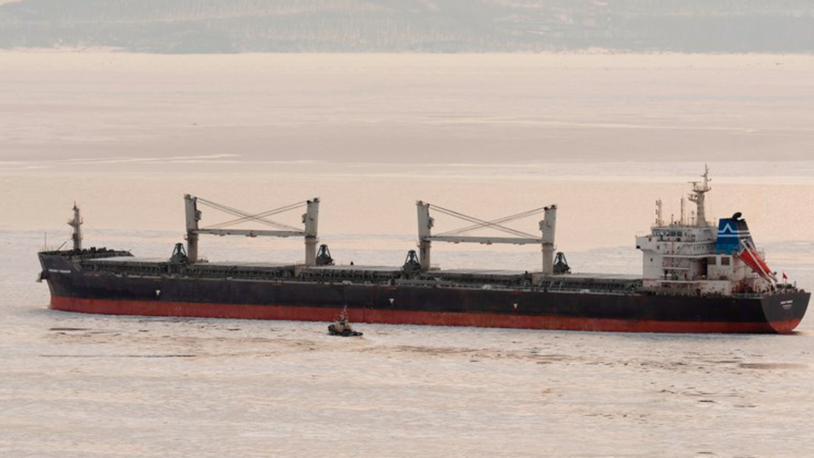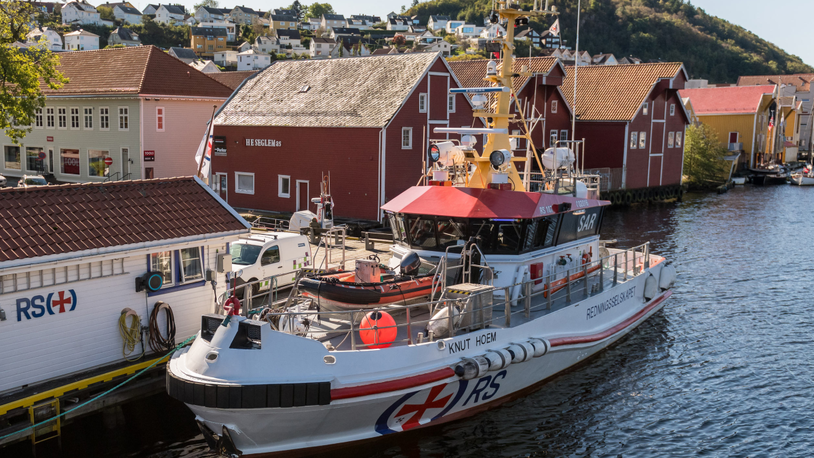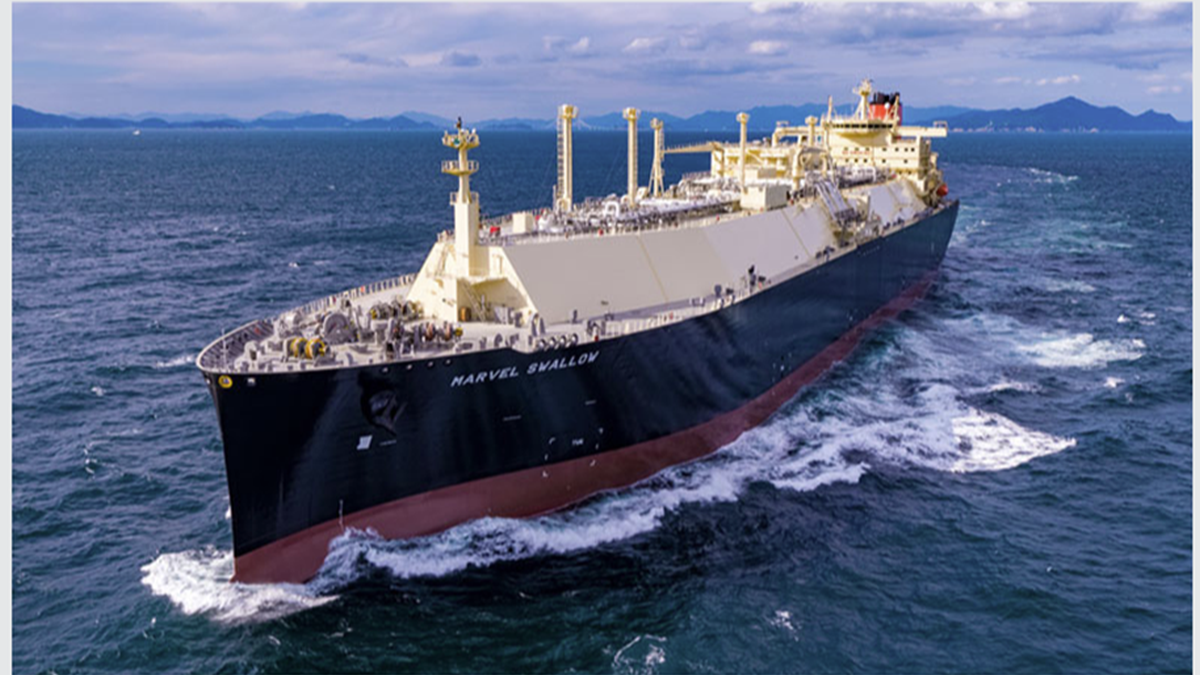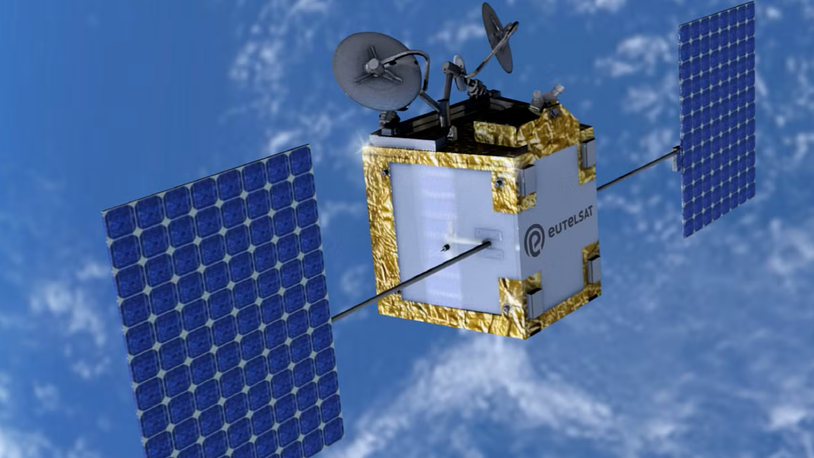Business Sectors
Events
Floating energy: successfully unlocking stranded gas using FLNGs and FSRUs
Contents
Register to read more articles.
Amazon ramps up LEO satellite output ahead of 2025 service launch
Shipowners could access a new satellite communications service to rival SpaceX’s Starlink and Eutelsat OneWeb in 2025, if one of the world’s biggest companies starts launches later this year
Amazon has ramped up production and testing of small satellites for its low earth orbit (LEO) Project Kuiper constellation at its factory in Kirkland, Washington state, US.
This facility, in the Puget Sound area, opened in April as the manufacturing hub for these satellites. Amazon expects to reach full-scale production and launches later this year and to start offering services to a variety of sectors, including maritime, in 2025.
More than 3,000 satellites are to be manufactured at the 16,000 m2 facility over several years, at a peak rate if five satellites per day for the initial satellite constellation. Construction will continue, to replenish and restock satellites after the constellation is completed.
Amazon said most of these satellites will be shipped directly to its new processing facility at Kennedy Space Center in Florida, “where they will be integrated with dispenser systems from Beyond Gravity and rocket fairings from Blue Origin, United Launch Alliance (ULA), and SpaceX ahead of launch.”
Other satellites will be shipped to the Guiana Space Center in French Guiana, where they will launch on board a new Ariane 6 rocket from Arianespace.
“We expect to ship our first completed production satellites in Q3 2024, and we are targeting our first full-scale Kuiper mission for Q4 2024 aboard an Atlas V rocket from ULA,” Amazon said.
“We will continue to increase our rates of satellite production and deployment heading into 2025, and we remain on track to begin offering services to customers next year.”
Amazon’s Kirkland facility features customised equipment to manufacture and test space-grade hardware such as liquid nitrogen tanks that help quickly cool test chambers to temperatures encountered in space, and robotic arms that help test and calibrate the advanced communications payload on board each spacecraft.
Satellite materials arrive at the facility after a stop at Amazon’s Project Kuiper logistics facility in nearby Everett, while research and development will continue in Redmond, Washington.
“Building advanced communications satellites at this scale is incredibly complex, and we want to ensure every Kuiper spacecraft meets our standards for performance, reliability and safety,” said Project Kuiper vice president of production operations, Steve Metayer.
“We now have the foundational pieces in place to ramp up production ahead of a full-scale deployment.”
Deployment of Starlink and OneWeb LEO services in the maritime industry has accelerated in 2024 as ship managers, owners, operators and seafarers have benefited from higher bandwidths and lower latencies than from traditional communications over geostationary satellites.
Having a third global LEO service from another international conglomerate will increase options for shipping and continue to put pressure on the pricing of other services.
Related to this Story
Events
Maritime Regulations Webinar Week
Floating energy: successfully unlocking stranded gas using FLNGs and FSRUs
© 2024 Riviera Maritime Media Ltd.




